The University Bookman
Reviewing Books that Build Culture
Watch James Panero of the New Criterion discuss “The Urbanity of Russell Kirk” at the 2025 Gerald Russello Memorial Lecture.
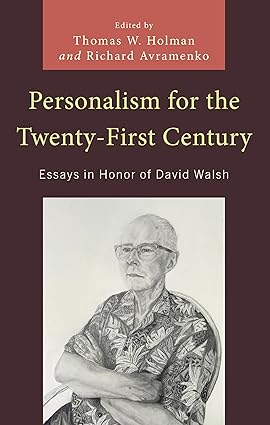
Personalism in the Age of AI
“Personalism is a philosophical movement that places the human person at the center of inquiry, affirming the inherent dignity, value, and uniqueness of each individual. While it spans both religious and secular traditions, its common thread is a commitment to defending the irreducible reality of the person in an age increasingly shaped by systems, technologies, and abstractions.”
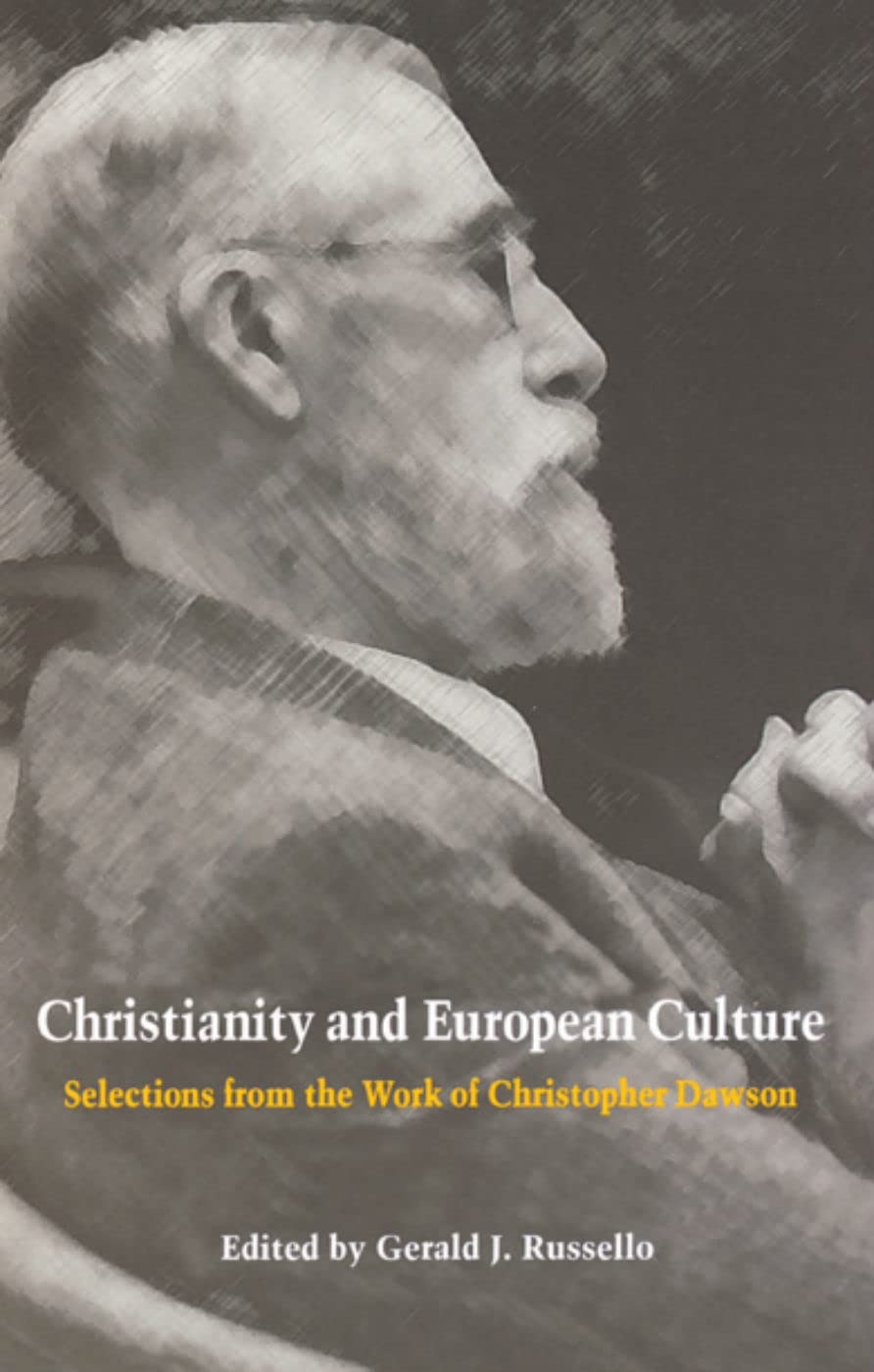
Christopher Dawson and Pluralism
“In particular, I want to examine three aspects of Dawson’s thought: his conclusion that cultures, especially Western culture, historically have been pluralist; his contention that a pluralism of cultures preserves a sphere of freedom from dominant modern ideologies that would eliminate that freedom; and finally, Dawson’s conviction that a pluralist world represents a new opportunity for evangelization.”
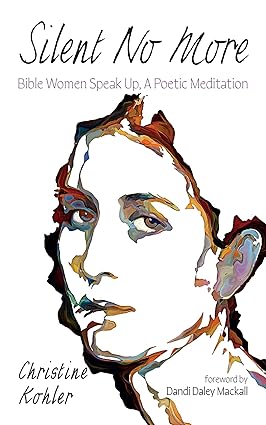
Trust and Hope as the Final Words
“Each poem is biblically rooted, but Kohler draws on extra-biblical sources and her own creative imagination to ponder what her characters may have been thinking during the pivotal moments of their mostly undocumented lives. The result is a beautiful exploration into the hearts and minds of the women of the Bible—both named and unnamed—that leaves readers feeling as though the women are imminently present, sharing their innermost thoughts and the overlooked aspects of their experiences.”
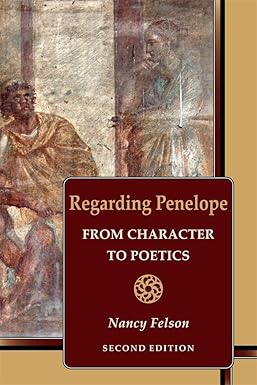
The Other Greek Woman
“Felson’s Penelope, who seems, in all probability, very close to Homer’s Penelope, is the faithful wife of Odysseus, but she is also the independent and flirtatious matriarch who rules over her household and teases the suitors, whom she views as her ‘geese.’”
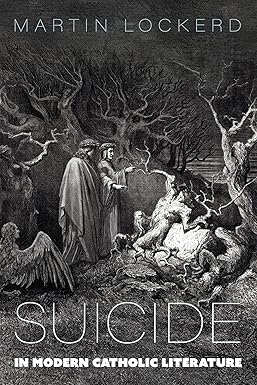
Suicide Narratives and the Goodness of Being
“Lockerd, drawing on the literary resources of the Catholic tradition, suggests a different tack: perhaps the essential goodness of reality does not always demand a leap into the unknown, a venture of faith against all odds. Rather, that goodness might be glimpsed everywhere around us.”
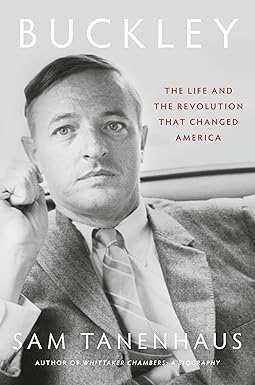
The Case Against Buckley
“From the geography of Sharon to the faculty at Yale, Buckley took on an entrenched progressive elite. His greatest achievement was to manifest an alternative American aristocracy, a counter-elite that took full form in the presidency of Ronald Reagan.”
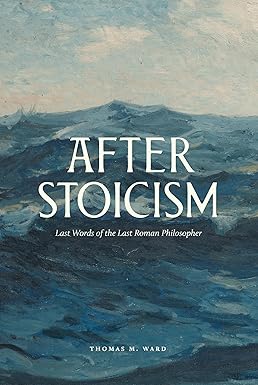
Beyond Stoicism
“The revival in interest in stoicism should not surprise. Stoic philosophy naturally attracts adherents in troubled times: it summons to duty, educates in constancy, and inspires self-mastery because it speaks to perennial human needs.”
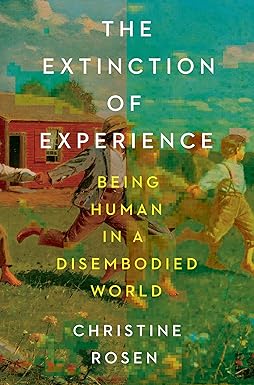
Aliens to Life
“…the mundane activities of ‘waiting in line, writing by hand, remote learning, navigation, boredom’ may be the only thing keeping us from becoming machines.”
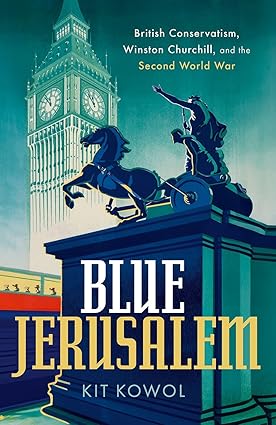
The Postwar British Conservative Movement
“Kowol identifies three prominent stands within the conservative movement in Britain that, to use Nash’s words, wanted ‘to change it, restore it, preserve it.'”
The Book Gallery
A collection of conversations with Bookman editor Luke C. Sheahan and writers and authors of imagination and erudition. Click on the icon in the upper right corner of the video to see more episodes in this series or check out our YouTube page.
